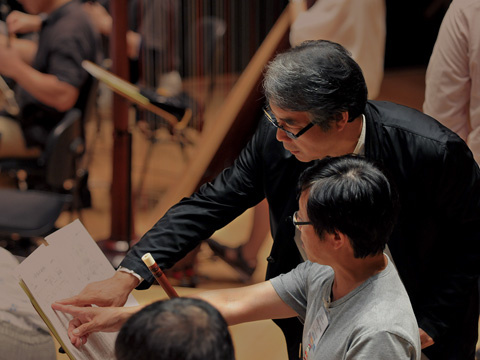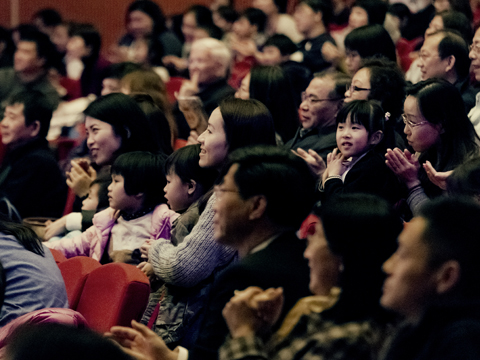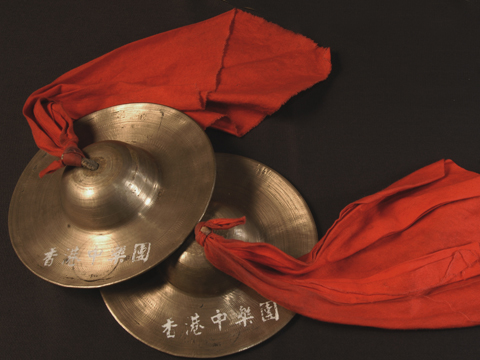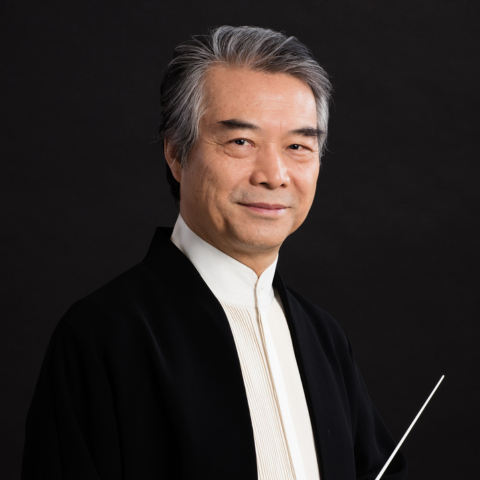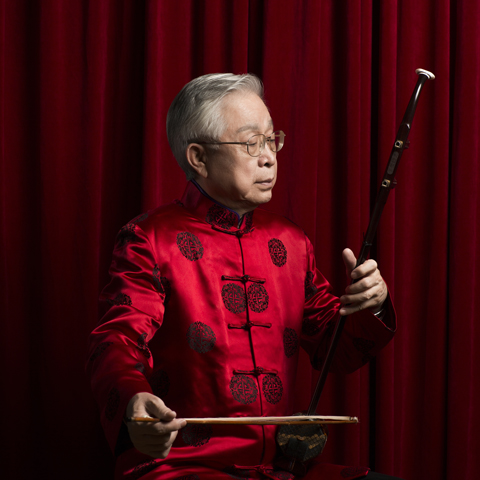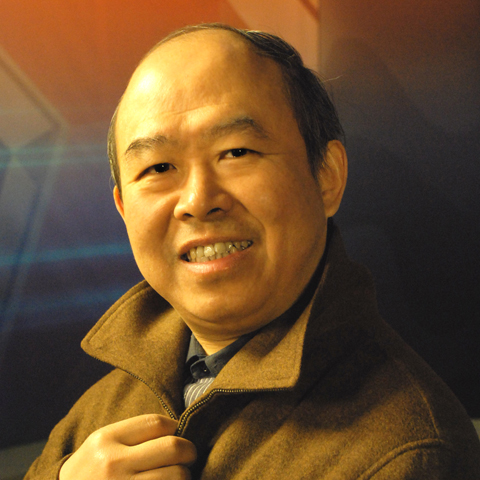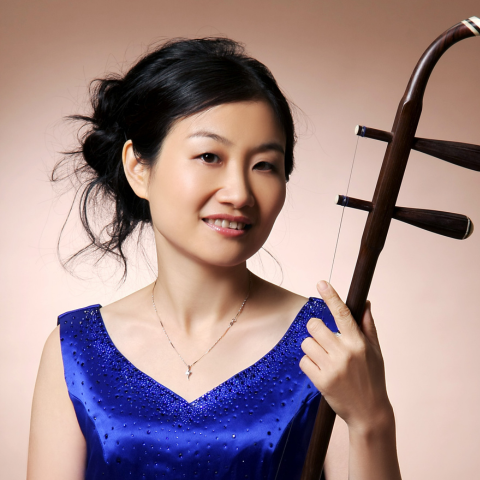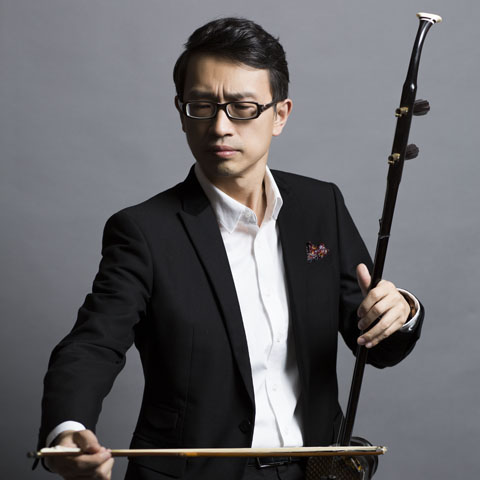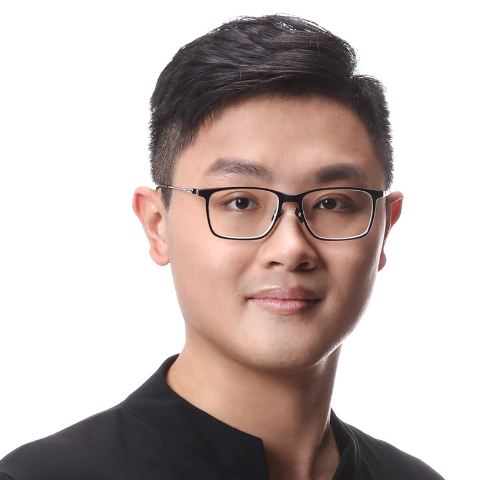
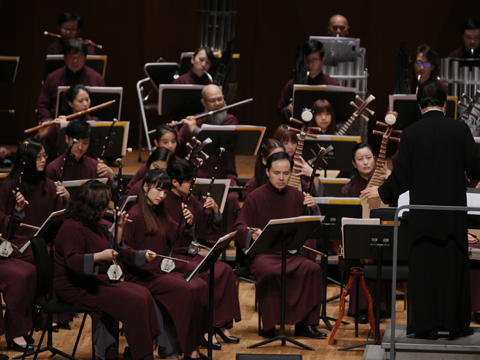
HKCO
Hong Kong Chinese Orchestra Environmental, Social and Governance Artistic Director and Principal Conductor for Life Orchestra Members Council Advisors & Artistic Advisors Council Members Management Team Vacancy Contact Us (Tel: 3185 1600)

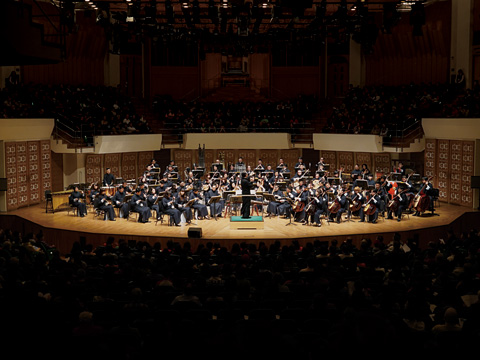
Concerts

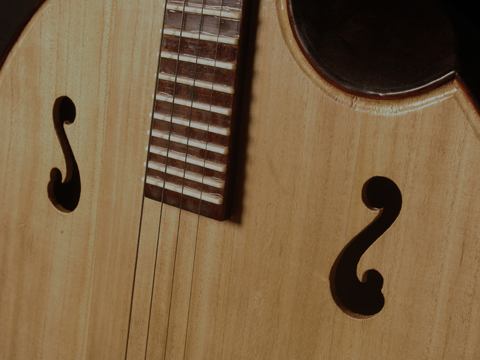
Education
The HKCO Orchestral Academy Hong Kong Youth Zheng Ensemble Hong Kong Young Chinese Orchestra Music Courses Chinese Music Conducting 賽馬會中國音樂教育及推廣計劃 Chinese Music Talent Training Scheme HKJC Chinese Music 360 The International Drum Graded Exam

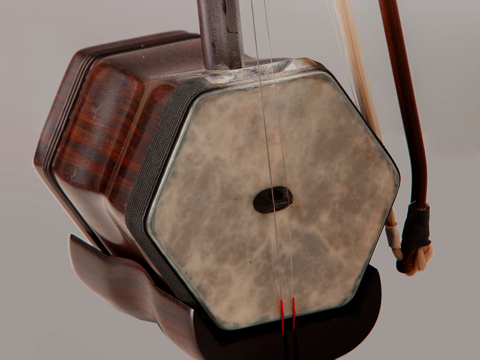
Instrument R&D
Eco-Huqins Chinese Instruments Standard Orchestra Instrument Range Chart and Page Format of the Full Score Configuration of the Orchestra
42nd Orchestral Season
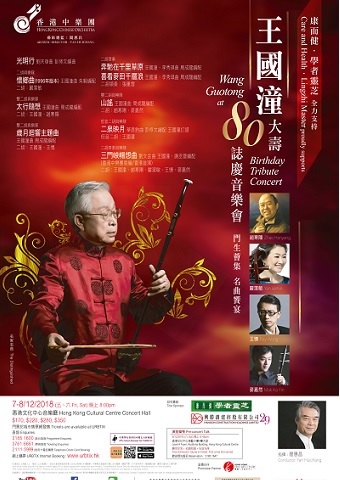
Wang Guotong at 80 – a Birthday Tribute Concert
Care and Health.Lingzhi Master proudly supports
The Distinguished
8:00 pm
Zhao Hanyang
Yan Jiemin
Ray Wong
Mak Ka Yin
Song of a Promising Future Liu Tianhua Arr. by Peng Xiuwen
Erhu and Orchestra
Nostalgia (1996 Version) Wang Guotong Arr. and Orch. by Zhu Yi
Double Erhu and Orchestra
Taihang Mountain Capriccio Wang Guotong Arr.and Orch. by Zhou Chenglong
Double Erhu and Orchestra
Theme from Echoes of Time Wang Guotong Arr. and Orch. by Zhou Chenglong
Erhu Section
Galloping on the Boundless Grassland Wang Guotong and Li Xiuqi Arr. and Orch. by Zhou Chenglong
Erhu Section
Undulating Waves in the Wheat Fields Wang Guotong and Li Xiuqi Arr. and Orch. by Zhou Chenglong
Double Erhu and Orchestra
Mountain Ballad Wang Guotong Arr. and Orch. by Zhou Chenglong
Bass Erhu and Orchestra
Reflection of the Moon on the Water Hua Yanjun Arr. and Orch. by Peng Xiuwen Notation by Wang Guotong
Erhu Section and Orchestra
The Sanmen Gorge Capriccio Liu Wenjin Arr. and Orch. by Wang Guotong and Tse Sing-jun (Arrangement commissioned by the HKCO / Hong Kong Premiere)
Time: 6:45pm
Venue: Level 4 Foyer, Auditoria Building, Hong Kong Cultural Centre
Free Admission. Quota is limited. First come first served.
Reservation:3185 1647
Master of an Art Form, Harvester of a Bounty
– Wang Guotong and His Huqin
In a music career that spans more than six decades, 80-year-old huqin master Wang Guotong is the proud harvester of rich fruits in his chosen art form, not only in performance, composition, music arrangement and education, but also the successful remodelling of the huqin family of instruments. All these add up to distinguish him from the rest of the huqin players.
Mellow tones like aged wine
Wang may have just entered the venerable circle of octogenarians, yet his huqin techniques belie his age. I heard him in a recent concert and came away totally impressed. It was more than because of the sound coming from his bow and fiddle, which was mellow like aged wine, but the stage presence he carried throughout. Even though he was playing solo against the tutti of a 70-strong orchestra in a session that lasted for almost 20 minutes, he delivered with flair, confidence and energetic vibes. He was in command throughout, keeping up with the smooth dialogue and the drive.
In addition to being a performing artist, Wang is a prolific composer of huqin music. The programme of this concert is made up of his own works, including the 1996 version of Nostalgia for erhu and orchestra, which was created from the materials of Taiwanese gezi opera in 1974; Taihang Mountain Capriccio and Mountain Ballad for double s and orchestra; the latest piece, Theme from Echoes of Time, composed specifically for his 80th birthday tour this year; and Galloping on the Boundless Grassland and Undulating Waves in the Wheat Fields which he co-wrote with Li Xiuqi.
Three characteristics that solidly shape his compositions
There are three characteristics that Wang consistently seeks to achieve in his huqin compositions, and they are tunefulness, audio accessibility and character in style. The combination of all three in a piece makes for solid listening, and the same effect can be found in all his works.
Theme from Echoes of Time was first premiered at the opening concert for his eponymous 2018 tour on 6th January this year in Hong Kong, written for erhu, string quartet and piano. The version for this concert is revised and adapted for double erhu and orchestra, and given the alternative title, Echoes of Time Prelude. The music is further bolstered, and becomes richer in expressions, with the blending of the timbres of the huqin and the orchestra well balanced. The music is made up of phrases and melodies picked from the many erhu pieces he wrote since the 1970s, with variations written for development. The many shifts in tone colours seem to encapsulate Wang’s creative concepts and achievements in his decades-long career.
As the eponymous title of the concert, Theme from Echoes of Time features a double erhu performance by the father-and-son duo of Prof Wang and Ray Wong. Though the arrangement is for ‘double erhu’, by the actual performance as I heard, the first fiddle position as played by Wang himself is more prominent than his son’s second fiddle. I believe Prof Wang is trying to highlight the fact that Ray has inherited his huqin techniques. In fact, over the years, Wang has trained up countless mentees in huqin, his son included, and this may be another bounty he has reaped in his contribution to the art of huqin.
Apart from the above mentioned, another of Wang’s achievement is creating new models of the square and round erhu, the low-register thick-stringed erhu and the flat octagonal gaohu with new instrument specifications in collaboration with Man Ruixing. These instruments with new features won them the Technical Achievement Award from the Ministry of Culture in China, and were included in A Pictorial guide to Chinese Musical Instruments. Wang’s modest character has made this part of his career much less known than his other achievements.
Another work worthy of note in this concert is Wang’s adaptation of the famous piece by A Bing (né Hua Yanjun), Reflection of the Moon on the Water, for bass erhu and orchestra. The deep, mellow timbre of the bass erhu gives the music a meditative mood, and morphs into a soulful, retrospective gaze at the long years that he has travelled as a huqin artist, as well as the many fruits he has reaped in the half century as a leading figure along the way.
Your Support
Friends of HKCO
Copyright © 2026 HKCO
